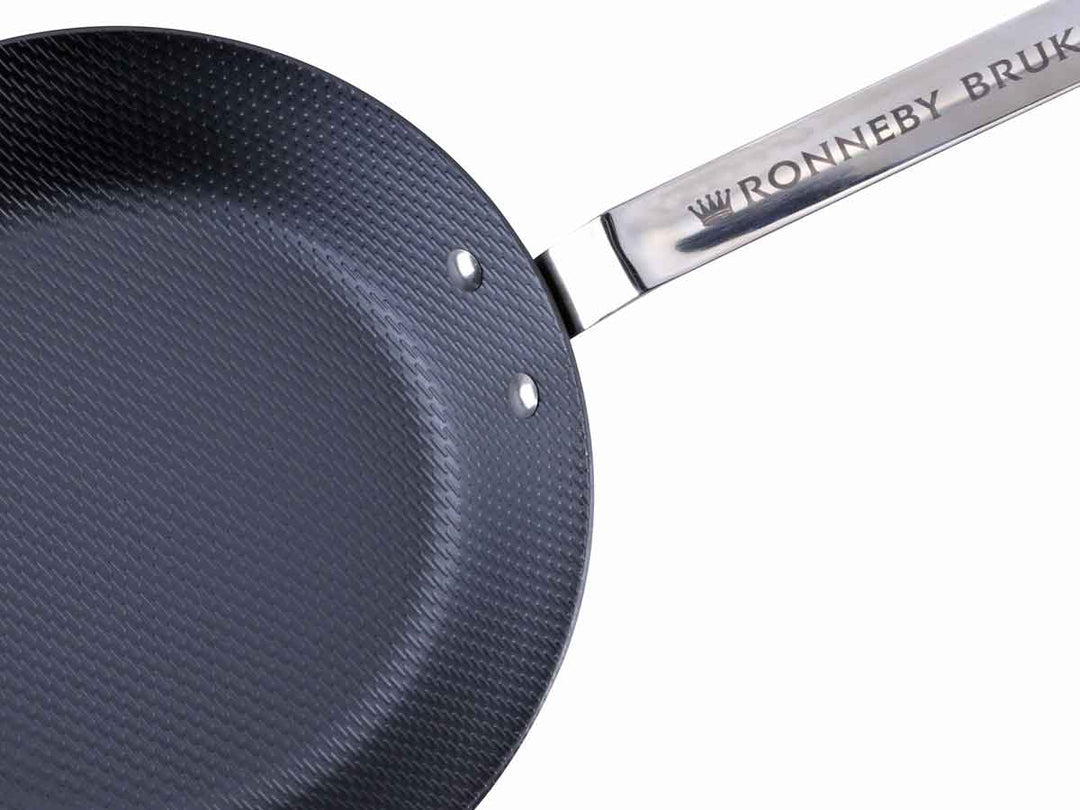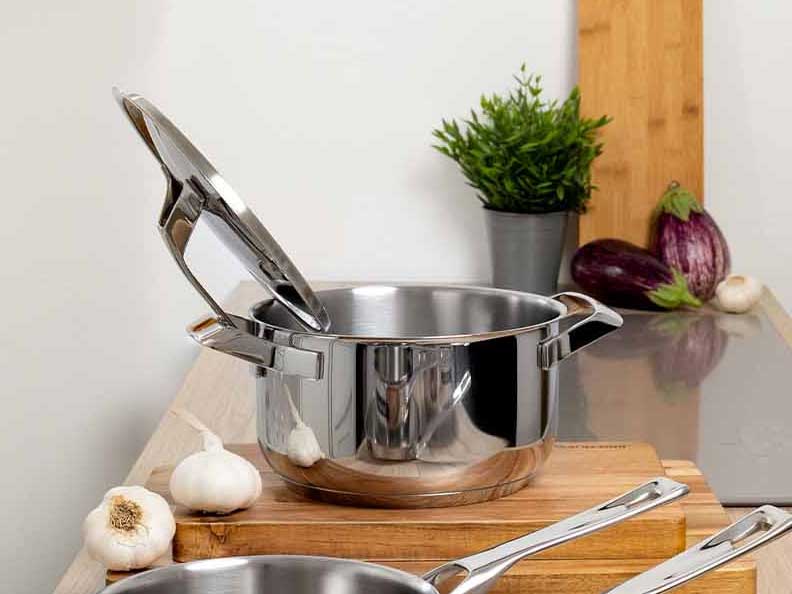BEKA turns 125!
This year, the BEKA brand is celebrating its 125th anniversary. A reason to celebrate and, as with every proud anniversary, a reason to look back on an exciting and eventful history.
Founded in 1899


A permanent fixture in German households


In the 1950s and 60s, BEKA kitchen strainers and blenders could be found in many German households, and the easy-care enameled sheet steel cookware also found more and more customers.
Always in tune with the times



In the 1970s, BEKA flourished, now managed by Dieter Kemmler in the third generation, and up to 700 employees worked at the Tübingen site, some of them on production systems developed in-house. Many of the BEKA product innovations that are still used in many households today came onto the market during this period and into the 1980s, e.g. the Schnellko and Schnellkomat pressure cookers, the bekafit pot or the Bioform A series for low-water and fat-free cooking.
And at BEKA, high-quality materials and innovative functionality were always combined with attractive design, sometimes fashionably contemporary, sometimes timeless.
1988-2000, a time of upheaval
In 1988, BEKA passed into the hands of a Dutch company. One reason for this may be that after three generations there was a break in the Kemmler family's management, as Dieter Kemmler's son took a different path: Hubert Kemmler became a singer and is probably better known to some under the stage name Hubert Kah; in the era of the "Neue Deutsche Welle", he produced hits such as "Sternenhimmel" and "Engel 07".
However, changes in the market and in the consumer habits of customers also left their mark on BEKA and required adaptation. In 1991, the French company Baumlin, which specialized in cookware made of stainless steel, aluminium and copper, was integrated into the company group. Production at the Tübingen site was then discontinued, and in 1995 the site was finally closed down completely. In 1999, 100 years after the company was founded, the demolition excavators arrived in Tübingen. A bitter end for the company. But the brand survived.
A new start in the old tradition

In 2000, the BEKA brand was taken over by the Belgian family business Allinox, which, as the name suggests, specializes in stainless steel cookware. Allinox itself moved modestly into the background and instead placed the BEKA brand at the forefront as the flagship of the new, joint cookware range. The BEKA brand now lives on under the Allinox umbrella. Management, development and distribution are based in Ooostrozebeke in the Flanders region of Belgium.
For a quarter of a century now, BEKA's tradition as a brand for modern, well-designed and durable cookware has been successfully continued from Belgium.
Outlook for 2024: new challenges
The cookware market is still in a state of upheaval. Material costs remain high, transportation costs have risen sharply and new legislation (possible PFAS ban) is forcing new approaches to production, logistics and marketing.
BEKA is facing up to these challenges and leading the way: In light of the discussion about PFAS, BEKA decided early on to completely dispense with PFAS-based coatings in the future and replace them with PFAS-free ones. In addition, BEKA has also further expanded its range of cookware without any coatings, e.g. with the Artist, Nomad and Stark series.
More from BEKA
Discover for yourself what BEKA has to offer and browse through our wide range of BEKA products....







